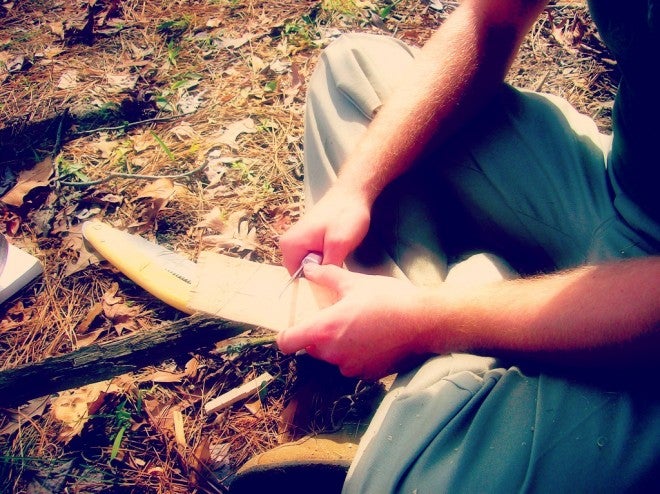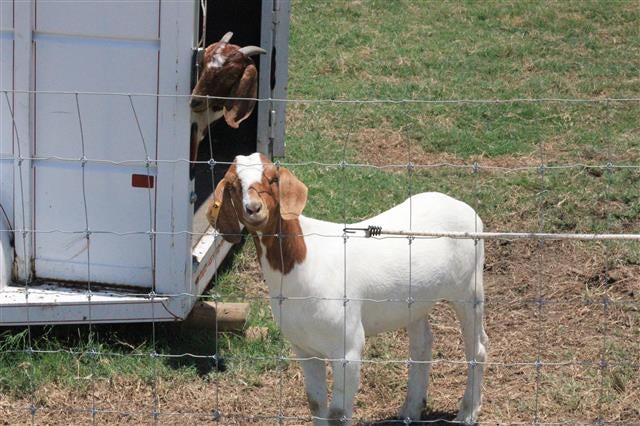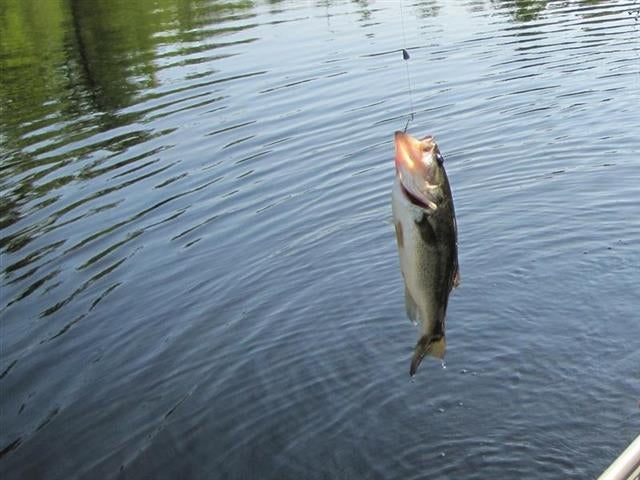Five essential long-term survival skills
Kevin Felts 06.19.13

For the sake of discussion, lets say that some kind of SHTF / TEOTWAWKI event has happened. What essential survival skills may you and your family need to know in order to ensure their long-term survival?
Survivalists should know the basics, such as beans, bullets, band-aids, shooting skills, water purification, etc. But lets think outside the box. During a long-term, complete collapse of society, what other kinds of skills will people need to know? What are some things you may not have thought of, in addition to the ones commonly discussed in survivalist forums around the Internet?
For the purposes of this article, lets assume that you and your family have a source of safe drinking water. This should be some kind of water well with a pitcher pump, or maybe a solar-powered water well. For this article lets say that water is a given. Saying we need safe drinking water is like reminding people to breathe; access to safe drinking water should be that important.
Now that water is out of the way lets move forward.
Gardening: Raising your own food is at the top of the list because we need a renewable food source. Survivalists should know the nutrients that each type of plant produces, along with each plant’s sunlight, water, and fertilizer requirements.
Lets use squash and cucumbers for an example. What type of nutrients do cucumbers need that squash needs only a little of?
The answer would be nitrogen. What is a good source of nitrogen? Chicken manure.
While squash needs a balanced fertilizer (or compost), cucumbers need a fertilizer high in nitrogen.
What plants grow well with beans? Any plant that needs nitrogen.
What crops should be planted the next season after potatoes? Beans and/or peas.
Peas and beans take different nutrients from the soil than potatoes. Beans and peas also return nitrogen to the soil.
What plant should people taking blood thinners NOT eat a lot of? Greens. Certain types of green leafy plants are rich in vitamin K. Vitamin K thickens the blood. In other words, eating certain leafy greens may counter-act the effect of blood thinners. Explains of leafy greens high in vitamin K include collard greens, spinach, turnip greens, onions, cabbage and mustard greens, to name a few.
What plants are easy to grow are are rich in vitamin C? Peppers and dark leafy greens.
So you need to know not only how to grow a garden, but also what plants should be grown in order to provide a balanced diet.
Livestock: What livestock is going to give you the best return on your investment? What livestock is easy to raise, good at foraging for its own food and reproduces well?
Chickens are an excellent source of not only meat, but also fats through the eggs. What breeds of chickens go broody (sit on their eggs to hatch them), lay a lot of eggs, are cold tolerant, and deal well with confinement? Some examples would be the Buff Orpington, Barred Rock, Dominiques, Rhode Island Red, and Australorp.
What are some good breeds of rabbits for meat production after SHTF / TEOTWAWKI? How often can you breed rabbits? How many kits does the average doe have?
Which goats have the highest milk production? How often can you breed goats? Would be better served by sheep or goats? What is the difference between raising sheep and raising goats?
What role will pigs play during a long term SHTF situation? Do you have a way to catch wild pigs?
Are cows worth the effort? Do you have enough land to raise cattle?
What are some of the common predators of your livestock? How do you plan on dealing with those predators?
The answer to those questions should be answered before SHTF / TEOTWAWKI rather than afterwards.
Preserving food: You raised some beans and butchered a couple of chickens, so now what?
One of the cornerstone, essential skills for surviving a long term SHTF event will be preserving food.
Survivalists prepping for SHTF should learn how to use a pressure cooker and dry whatever foods they can.
Do you know how to build a solar-dehydrator? How long does it take to pressure cook certain foods at your altitude? What foods need to be pressure cooked and which ones can be dried? Do you have a smoker for smoking/dehydrating meat?
Knowing how to preserve food for the long term will mean the difference between life and starvation during a long term TEOTWAWKI event.
Hunting and trapping: Hunting and trapping were grouped together as they basically do the same thing. You need to know where the animals are moving to either hunt or trap them. And I’m not just talking about large game, but also small game like rabbits and squirrels.
Have you acquired traps, or the needed material to build snares?
Wild rabbits eating your peas? Maybe it’s time to have a rabbit stew.
Raccoon raiding your chicken coop? Maybe its time to set out a trap and have some barbequed coon.
Not only is hunting and trapping a means of providing food for your family, it is also a means of protecting the garden and livestock.
Fishing: Mankind has used fish as a food source for thousands of years, maybe even tens of thousands of years. To ignore fishing as an essential TEOTWAWKI survival skill would be ludicrous.
What kind of fish are in your area? What kinds of bait do those fish go after?
Are you stockpiling fishing supplies and equipment? Do you go fishing on a regular basis? Are you teaching family members how to fish?
Conclusion
Everything listed in this article is subjective and debatable, and in fact, all of this should be debated before TEOTWAWKI. So please, contribute your thoughts in the comments. What are some other core skills that survivalists may not be thinking hard enough about right now?

